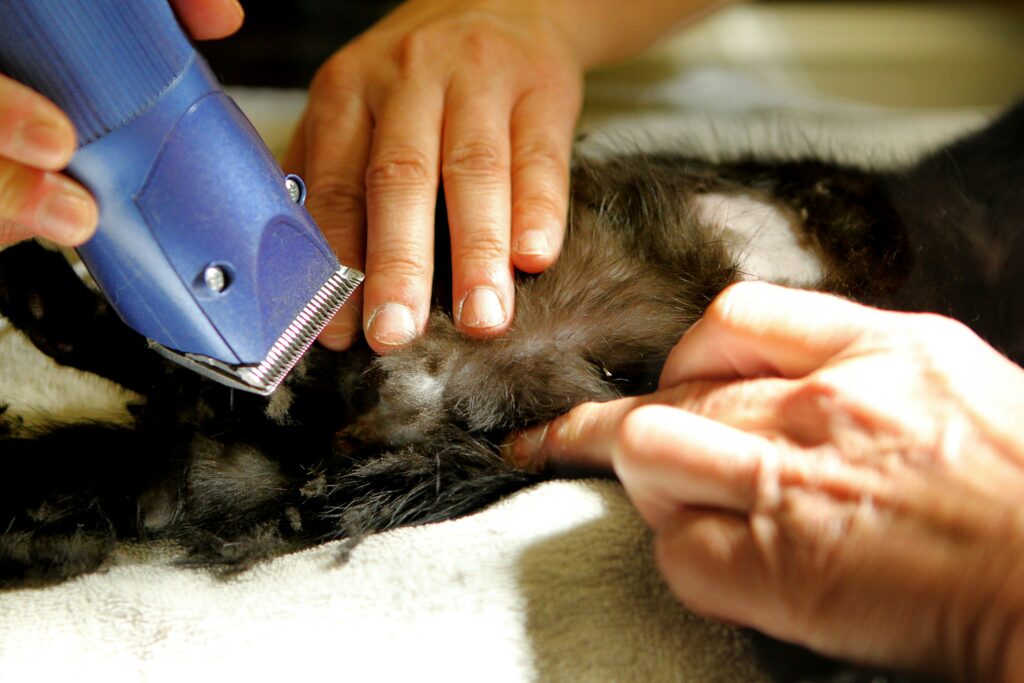Understanding Zydaisis
First, we need clarity on what we’re dealing with. Zydaisis isn’t yet widely recognized in mainstream healthcare systems. It’s a rare autoimmune and inflammatory condition with symptoms that typically show up in the muscular, respiratory, or gastrointestinal systems. Fatigue, joint stiffness, and periodic inflammation are the most common complaints. Because it mimics more common disorders—like lupus or rheumatoid arthritis—diagnosis can be delayed or missed entirely.
Researchers believe it’s triggered by a combination of genetic predisposition and environmental stressors. No single cause has been identified yet, which makes treatment difficult. That uncertainty drives interest in potential therapies and even more in the burning question: how can zydaisis disease be cured?
Diagnosis: Where It Falls Short
Diagnosis of Zydaisis is one of the biggest hurdles. There’s no definitive lab test. Most patients receive a diagnosis after a long process of elimination. Doctors may use a mix of blood tests, imaging, and symptom tracking. Genetic screening is also beginning to play a role for families with a history of rare inflammatory diseases.
This unclear process contributes to treatment delays. By the time a person is officially diagnosed with Zydaisis, they’ve often tried several medications and management strategies that didn’t work.
Current Treatment Landscape
There’s no FDAapproved cure for Zydaisis—not yet. Current treatment mostly focuses on symptom management. Doctors usually prescribe a mix of the following:
Antiinflammatory drugs – NSAIDs and corticosteroids to ease joint pain and reduce swelling. Immunosuppressants – Medications like methotrexate, typically used for rheumatoid arthritis, sometimes show promise in Zydaisis patients. Lifestyle changes – Diet, stress management, and mild physical activity help manage daytoday symptoms.
Biologics, which target specific immune proteins, have started entering discussion, but trials are limited. Since Zydaisis is rare, clinical studies are harder to organize and fund, which slows innovation.
Experimental Approaches Showing Promise
Some labs are testing geneediting techniques, like CRISPR, in animal models to correct immune system malfunction. Others are exploring fecal microbiota transplants—yes, gut bacteria—as a way to reset overactive immune responses. Neither has reached human clinical stages for Zydaisis yet.
Stem cell therapy is another potential route. It’s being studied for similar autoimmune conditions, and early data suggests that it might help repair damaged tissues and reset immune behavior. However, it’s expensive and unapproved for public use in Zydaisis cases.
How Can Zydaisis Disease Be Cured
At this point, there’s no guaranteed cure. That said, the phrasing of the question—how can zydaisis disease be cured—hints at both a problem and a mindset. The problem is research funding and recognition. With rare diseases, the path to a cure often starts with awareness. Advocacy shapes funding, which shapes research.
The mindset part is more personal. For patients and caregivers, this isn’t just about science catching up—it’s about hope and action in the present. Small wins count: better symptom control, fewer flareups, more predictable routines.
Patients interested in experimental treatments should stay in touch with rare disease consortiums or academic research hospitals. These are the hubs where new trials may emerge. Until then, the goal is to manage the disease as effectively as possible and push science forward by participating in research when possible.
Living with Zydaisis: Lifestyle MVPs
While we wait for breakthroughs, smart daily routine changes are critical:
Nutrition: An antiinflammatory diet (think leafy greens, omega3s, low sugar) may ease symptoms. Movement: Choose lowimpact exercise like swimming or yoga. It keeps joints flexible without overexertion. Mindfulness: Stress doesn’t cause Zydaisis, but it can fire up symptoms. Apps, breathing exercises, or therapy help. Community: Online support groups provide both information and solidarity—two things you need when dealing with a rare condition.
Closing Thoughts
The road to any cure takes time, funding, and a bit of luck. Zydaisis is still early on that journey. But science is catching up, one study at a time. In the meantime, patients equipped with the right knowledge, lifestyle tools, and medical team can still take back control of daily life even before the ultimate answer to how can zydaisis disease be cured arrives.
Stay informed. Stay focused. And know this: rare doesn’t mean impossible.

 Technical Coordinator
Lyle Fieldstines maintains the digital infrastructure and technical systems. He is responsible for troubleshooting issues and providing daily support. With specialized training, Lyle Fieldstines implements new software and tools. He monitors system performance to ensure all platforms run without interruption. He manages technical updates and oversees the security of company data. Lyle Fieldstines ensures the team has a reliable and modern digital environment.
Technical Coordinator
Lyle Fieldstines maintains the digital infrastructure and technical systems. He is responsible for troubleshooting issues and providing daily support. With specialized training, Lyle Fieldstines implements new software and tools. He monitors system performance to ensure all platforms run without interruption. He manages technical updates and oversees the security of company data. Lyle Fieldstines ensures the team has a reliable and modern digital environment.
